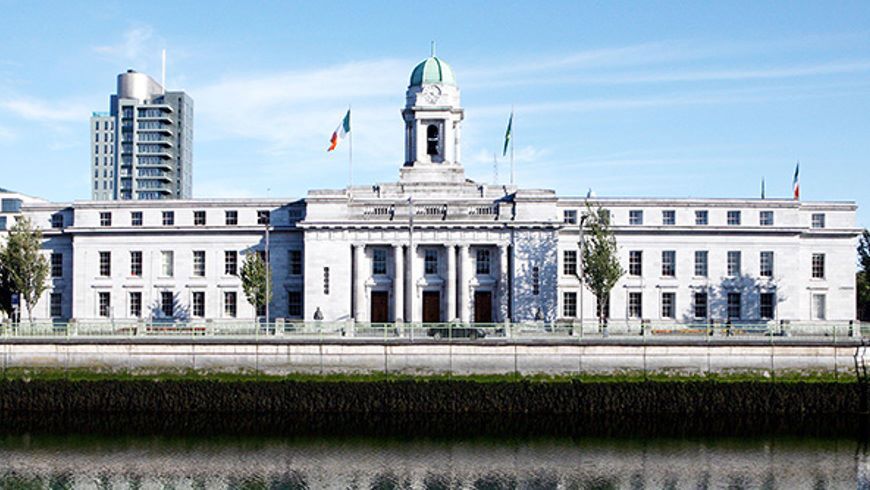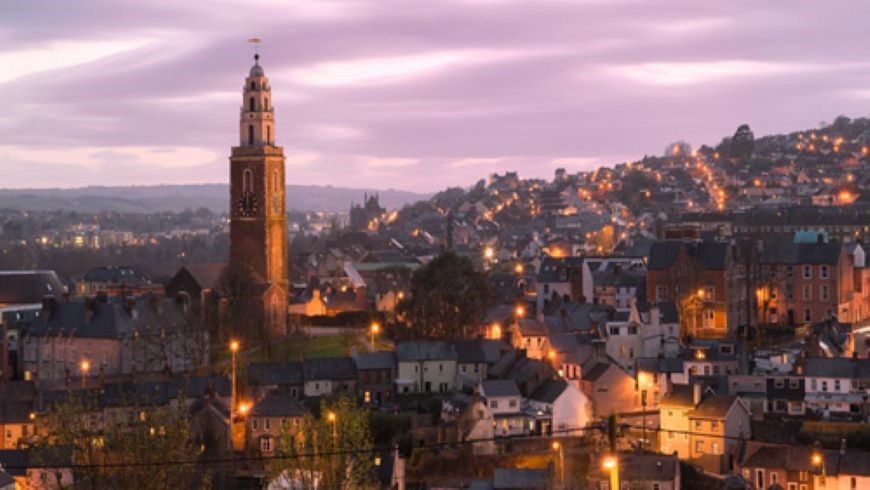GreenDense

North-West Europe is experiencing rapidly increasing climate change impacts, high heat stress, air pollution, biodiversity loss, droughts and flooding. These effects are more pronounced in dense urban areas (often deprived, high traffic, extensive impermeable paving), which suffer from low green infrastructure (GI) to mitigate impacts. Due to limited space and competition between uses (parking, private ownership, recreation), citizen and business resistance, and lack of large infrastructure investments, dense urban areas are an underserved, challenging location to implement new GI. The European GreenDense project aims to bring more greenery where it is needed most, with the added benefits of less heat, less stress for residents and better air quality.
Supported by 3 expert organisations in urban ecology and placemaking, the 6 cities pilot an innovative location-sensitive ‘mosaic’ approach to GI. A mosaic of small GI makes the most of limited space, increasing green connectivity. Multi-benefit, multi-use GI will be tailored to local needs and culture, with acceptance built via grassroots co-creation. In absence of large GI investments, the project harnesses related regulatory and policy agendas (health, active mobility, community, youth) to mainstream mosaic GI.
The GreenDense project enables the deployment of more green infrastructure in densely populated urban areas by developing the new mosaic approach. All partners will test with jointly designed local pilots as possible solutions. Training programs, action plans and strategies will also be developed within this transnational collaboration.
The partners will jointly develop the green infrastructure mosaic strategy, testing it at pilot sites in
- cultural heritage areas
- disadvantaged neighbourhoods
- private spaces
- places with mobility infrastructure.
Results include increased green coverage, citizen approval and increased stakeholder capacity to deliver green infrastructure where it is needed most: in dense urban areas.
GreenDense Cork
Cork aims to promote Nature Based Solutions NBS for surface water drainage and active street planting, as well as further developing the parklets project and development of community gardens.
Cork aims to evaluate new ways of greening, applicable to the specific context and constraints of the city, in order to create a healthy biodiversity - rich and visually attractive environment for the city’s residents and visitors.
In particular, Cork will facilitate the replication of its success in rolling out neighbourhood parks, parklets and community gardens in recent years. It will also share its success in establishing and creating areas for biodiversity and achieving a pesticide free policy for all amenity areas.
Project partners
The project involves three expert organisations for urban ecology and landscape planning ( TU Delft ( NL ), STIPO ( NL ) and Plant & Cité ( FR )) as well as six cities in the North-West Europe region to implement the pilot measures (Cork, Brugge, Mechelen, Dordrecht, Brest and Bremen).
Budget
The total project budget is 2,576,959.75 euros and is financed for 60% by INTERREG North West Europe.
The project budget for Cork City is €442,440.00, of which €265,464.00 (60%) is subsidy.
GreenDense is implemented within the Interreg NorthWest European programme –www.nweurope.eu
Duration
The project will run from early 2024 to early 2027.



